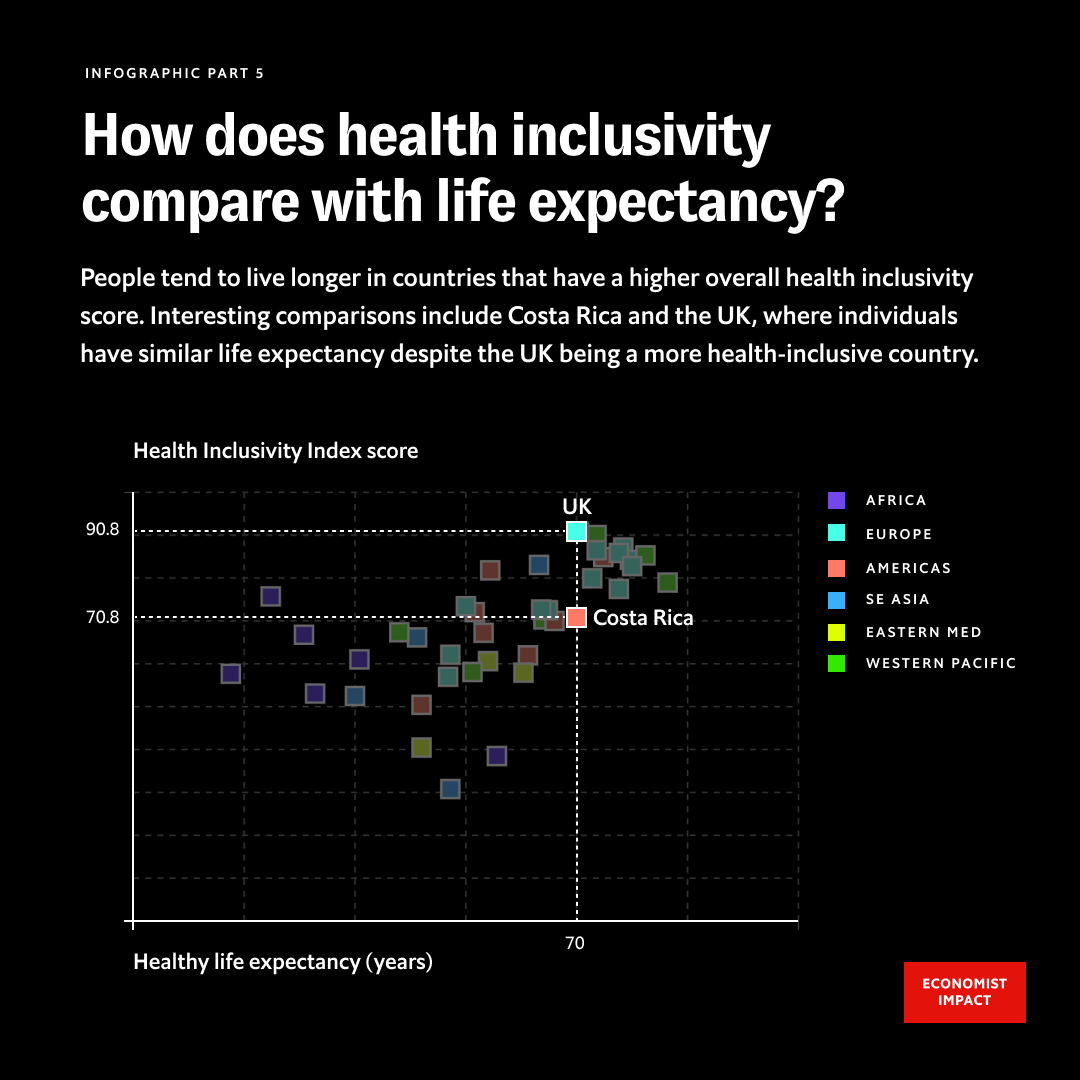Better everyday health should be within reach of everyone, but too many people are held back because of issues beyond their control. Millions face challenges with health literacy, healthcare accessibility or bias and prejudice. People are now living in poor health for a longer proportion of their lives, impacting personal wellbeing and piling more pressure on overburdened healthcare systems. And there are studies in the UK that show one in seven LGBTQ+ people reported avoiding healthcare for fear of discrimination and nearly half of people with a disability reported difficulty accessing certain medical facilities.
Making Everyday Health More Inclusive
In line with our company’s purpose, to deliver better everyday health with humanity, at Haleon we believe everyone should have the chance to live in good health for as long as possible and want to create change by making everyday health more inclusive. This is reflected by our social impact ambition to empower millions of people a year to be more included in opportunities for better everyday health, empowering 50 million people a year by 2025.
For Haleon, health inclusivity means increasing opportunities for as many people as possible to enjoy better everyday health, including marginalised groups and those discriminated against because of disability, age, race and ethnicity, gender, and sexuality. Barriers to health inclusivity are wide-ranging and structural but by understanding and exploring where they exist, we can work together with others to help break them down. As part of The Consumer Goods Forum’s Collaboration of Healthier Lives Coalition of Action (CHL), we have the opportunity to put collaboration into action and have a global impact in how people access and work towards healthier lives.
The Health Inclusivity Index and Findings
We know that delivering on our goal is going to require systemic change and bold data-driven collaboration, and that’s why Haleon is supporting the Health Inclusivity Index, developed by Economist Impact, which launched in October 2022.
This is initially a three-year programme with the Index starting with 40 countries and expanding to cover 60 countries in year two and 80 countries in year three. The Index assesses the state of health inclusivity by analysing key data across three domains of indicators: health in society (includes policies impacting health and wellbeing), inclusive health systems (includes health spend and infrastructure), people and community empowerment (includes whether health interventions are designed to be inclusive, accessible, and tailored for individuals, communities and vulnerable groups).
Looking at the presence, coverage and effectiveness of inclusive healthcare systems, processes and policies, the initial findings were released earlier this month, showing that eight of the top 10 ranking countries achieved their highest scores for the domain of ‘People and Community Empowerment’, where the presence of initiatives like health literacy programmes and community outreach enable people to proactively manage their own health.
This finding crucially illuminates that empowering people and communities, including those from marginalised or disadvantaged groups, to engage in their health through the right systems, tools and education is key to improving health inclusivity, which can ultimately help people to live healthy lives for longer.
Acting on the Findings
Recognising and acting on these links is at the heart of Haleon’s sustainability strategy.
For instance:
- Our respiratory health brand Otrivin is supporting communities most at risk from the effects of air pollution by working with the National Schools Partnership in the UK, reaching thousands of children through ‘Actions to Breathe Cleaner’.
- We are also helping pharmacists around the world break the stigma of talking about pain with their patients, giving them practical tools – a pain personified typing tool – and learning opportunities to help them have more uninhibited, personal conversations around pain and treatment.
- Globally, we partner with Smile Train to help more children with cleft lip or palate to lead full and healthy lives by providing free surgery to families for whom this would otherwise be out of reach.
It’s important to understand what it feels like to be excluded from better everyday health.
Critically, health inclusivity means listening to and championing the voices of those excluded from better everyday health. That’s where people’s lived experiences come into play. In addition to the Index, we’ve supported lived experience research, which highlights how some people feel excluded from better everyday health and considers solutions which could help address some of these challenges. This really matters, because all too often the voices of those excluded can go unheard.
Conclusion
Health inclusivity is the process of breaking down personal, social, cultural, and political barriers that prevent people and communities from experiencing good physical and mental health and a life fully realised.
Up until now, it’s been an under-researched and under-prioritised area, but I hope the inaugural Health Inclusivity Index provides a benchmark that aims to set a new global standard for measuring health inclusivity. I’m also hopeful that it can offer robust data points to the decision making that affects people’s everyday health, so that individuals, communities, decision makers and leaders are empowered to make decisions that help make better everyday health more inclusive and sustainable for all. More information on the Heath Inclusivity Index can be found on the Digital Hub: Economist Impact – Health Inclusivity Index

